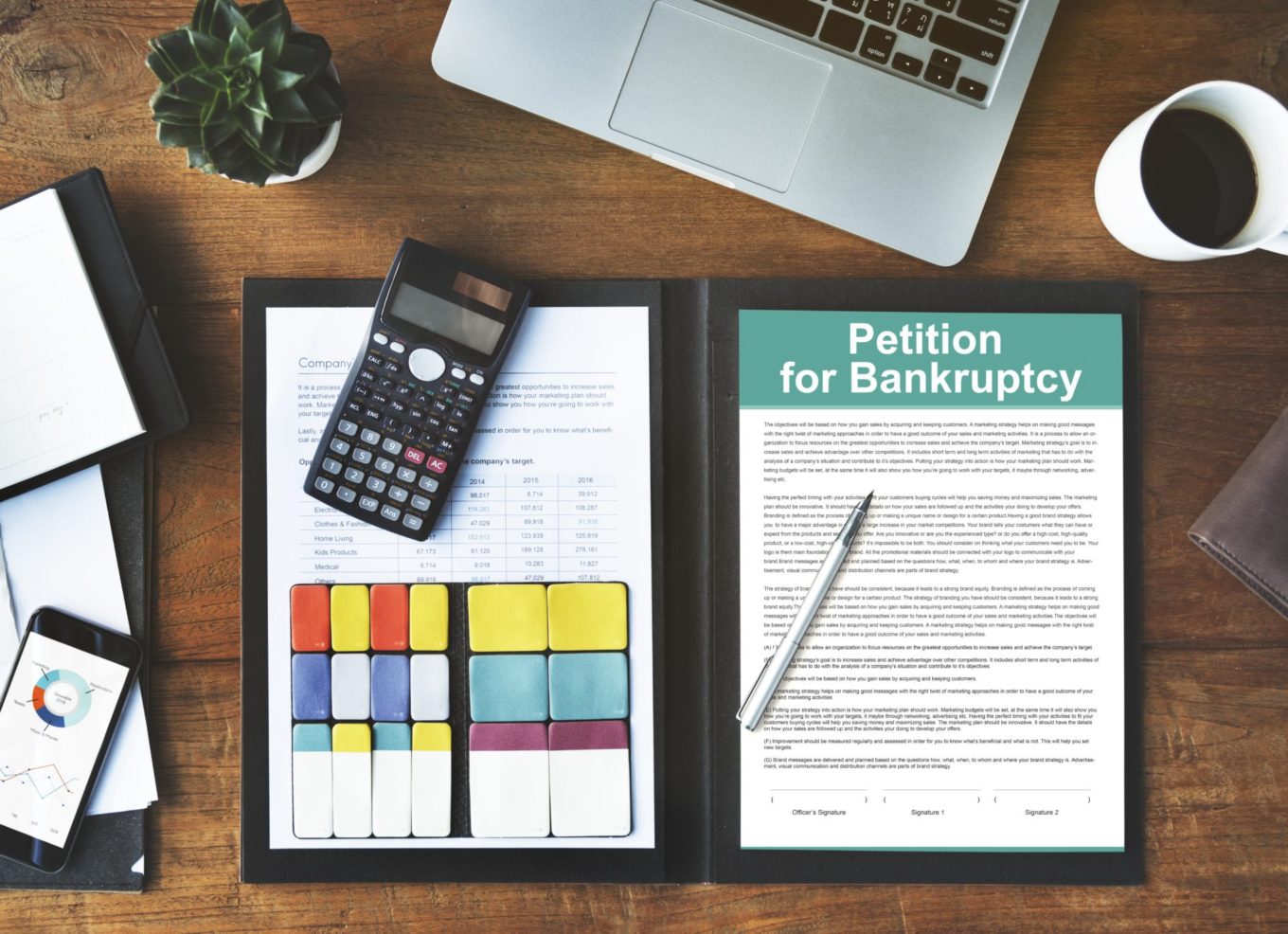As Philadelphia bankruptcy attorneys we often hear from clients who are concerned they’re choosing the wrong type of bankruptcy.
As a sort of safety measure, they want to know if they can change a Chapter 7 to a Chapter 13, or a Chapter 13 to a Chapter 7. And the answer is yes! You can.
Who can convert their bankruptcy?
Almost everyone can convert their bankruptcy, so long as they are eligible for both types of bankruptcy.
You can convert a Chapter 7 to a Chapter 13 at any time.
Almost everyone’s eligible for Chapter 13 bankruptcy, the “wage-earner’s bankruptcy. This is the bankruptcy type that puts you on a payment plan to repay your debts over the course of three to five years.
For obvious reasons, creditors certainly prefer you to file Chapter 13 over a Chapter 7.
You aren’t eligible for Chapter 13 if you owe more than $1,184,200 in secured debt. Very few debtors who would file for Chapter 7 or Chapter 13 in the first place have this problem, as very few would ever have the assets to take out that much debt in the first place. Median income for most bankruptcy filers is $42,000.
You also can’t switch to a Chapter 13 if you’ve had a Chapter 13 case dismissed within the past 180 days.
Chapter 13 to a Chapter 7 if you are eligible for Chapter 7.
You still have to pass the bankruptcy means test to make the switch. You also can’t make the switch if you’ve filed for Chapter 7 bankruptcy within the past eight years.
Why change bankruptcy types?
There are a couple of reasons why our clients ask to change bankruptcy types.
They can’t make the Chapter 13 payments.
Chapter 13 bankruptcy takes 3-5 years. Some people undergo significant life changes during that period of time.
Unexpected medical problems, job loss, and divorce can make a Chapter 13 just as impossible to pay as all the mounting bills you had before you filed for bankruptcy. If this is the case it may be both prudent and more expedient to make the conversion.
If you initially filed Chapter 13 hoping to preserve some assets you’ll want to discuss strategy with your attorney before proceeding.
They didn’t choose the right form of bankruptcy in the first place.
This can happen if you tried to go with a DIY bankruptcy, realized you were in over your head, and decided you needed help, only for your attorney to realize you are making a grave mistake by filing the bankruptcy type you chose.
Making the switch can help you save property, or can keep you from having to make payments to a trustee if that property would have been exempt anyway.
See also: 7 Mistakes People Make When They Try to File Bankruptcy on Their Own.
The courts forced the conversion.
There have been instances in which the courts have made the decision to force a debtor to switch from a Chapter 13 bankruptcy to a Chapter 7.
Reasons for a forced conversion may include failing to file a Chapter 13 plan in a timely fashion, or failure to make Chapter 13 payments.
What are the pitfalls of changing bankruptcy types?
You’d need to discuss the full list of pitfalls for your individual case with an attorney. But these are some common issues.
If you’re converting to Chapter 7 you may lose some assets you wouldn’t have lost otherwise.
In the 1982 case Resendez v. Lindquist, the United States 8th Circuit Court of Appeals ruled funds held by a trustee in a Chapter 13 case remained the property of the Chapter 7 estate even after the case converts. These funds cannot be protected under any bankruptcy exemption.
This means any funds your trustee already has control of will go to paying off your debts just as any non-exempt property would have had you gone ahead and filed a Chapter 7 in the first place.
It’s not impossible to switch back, but neither is it easy.
You want to be sure of your actions before making a switch. Though there have been instances in which a Chapter 13 converted to a Chapter 7 only to be converted back to a Chapter 13, for example, it didn’t happen without the courts having to make a ruling on the issue.
The process is very complex.
Filing for bankruptcy isn’t as easy or as straightforward as most people believe it is in the first place, but the process gets even more complex when you’re trying to switch chapters. At that point, if you didn’t have a lawyer before you absolutely need one now.
Need to switch, have more questions, filing for the first time?
Contact the experienced bankruptcy attorneys at Sadek Bankruptcy Law Offices. We offer free consultations and have run up against many bankruptcy complications and concerns in the past, including the challenges of switching chapters.





